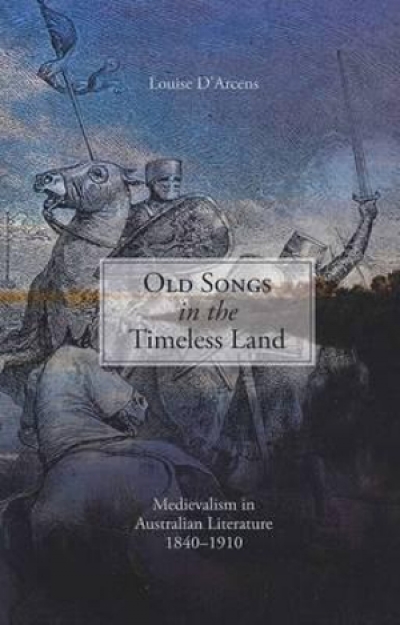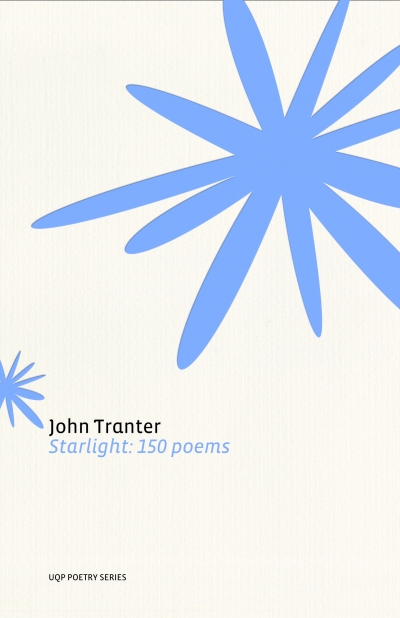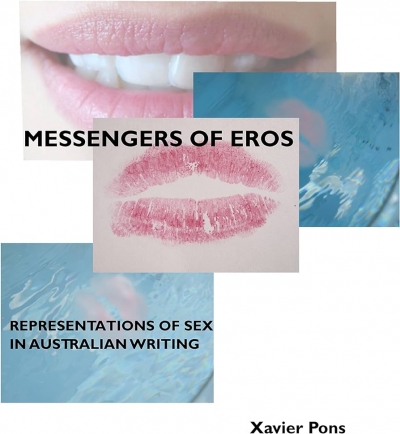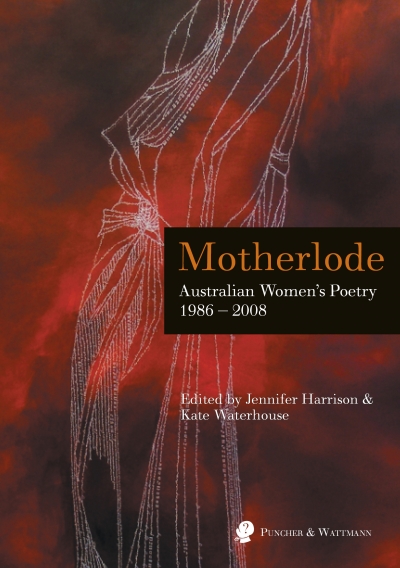Australian Literary Studies
It is a brilliant summer day in July 1935. The scene is a house called Green Ridges, near Hastings, Sussex. Two women, seated but not relaxed, face each other across a formal drawing room. This is the first time they have met. Nettie Palmer, Australian writer and journalist, has come to stay overnight with the novelist Henry Handel Richardson.
... (read more)Old Songs in the Timeless Land: Medievalism in Australian literature 1840–1910 by Louise D’Arcens
Oz Lit at Melbourne University
Dear Editor,
The English program at the University of Melbourne has offered courses on Australian literature every year since 1982, when it was first introduced as a full seminar subject. Stephanie Guest’s article in last month’s issue of ABR, ‘Oz Lit in the Moot Court Room: Finding Australian Literature at the ...
'Hautes Fenêtres: Thoughts on the place of translation in recent Australian poetry' by Simon West
In a 1995 interview for the Paris Review, Ted Hughes was asked if the 1960s boom in translated poetry, particularly with series such as the Penguin Modern European Poets, had influenced poetry written in England. ‘Has it modified the British tradition!’ he replied. ‘Everything is now completely open, every approach, with infinite possibilities. Obviou ...
A Cool and Shaded Heart by Noel Rowe & Ethical Investigations by Noel Rowe
Starlight: 150 Poems by John Tranter & The Salt Companion to John Tranter edited by edited by Rod Mengham
Australian Literary Studies, Vol. 24, No. 2 edited by Leigh Dale
Perhaps the most influential guide to ‘theory’ in Australia in the 1980s was Terry Eagleton’s Literary Theory: An Introduction (1983). The cover of my paperback edition features a detail from Jan Vermeer’s painting Mistress and Maid, in which a respectful domestic servant hands a document to her mistress, who is seated at a writing table. I take this to be a visual allusion to Alexander Pope’s formulation in An Essay on Criticism that ‘Criticism [is] the Muse’s Handmaid’. Eagleton’s polemical refusal of that secondary and facilitating role was influential in turning a generation of Australian literary critics from ‘criticism’ to ‘critique’. From Graeme Turner’s National Fictions (1986) and Kay Schaffer’s Women and the Bush (1987) to my own Writing the Colonial Adventure (1995) and Susan Sheridan’s Along the Faultlines (1995), the cultural-nationalist and new-critical canons alike were supplemented by alternative canons – feminist, realist, postcolonial and ‘popular’ – as texts were subjected to rigorous ideological critique for their representations of class, race, gender and nation. Criticism was no longer the handmaid to literature; a hermeneutics of scepticism and suspicion prevailed.
... (read more)
